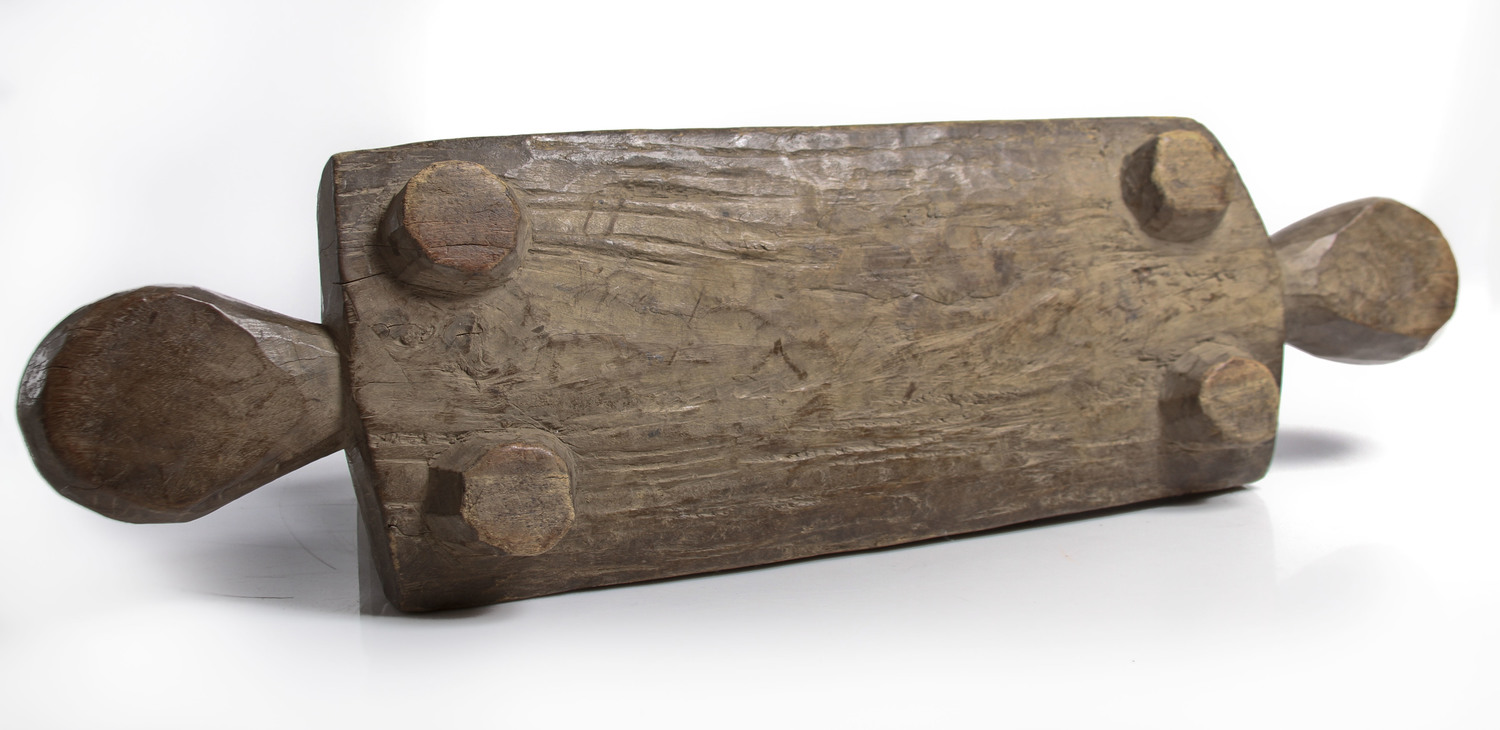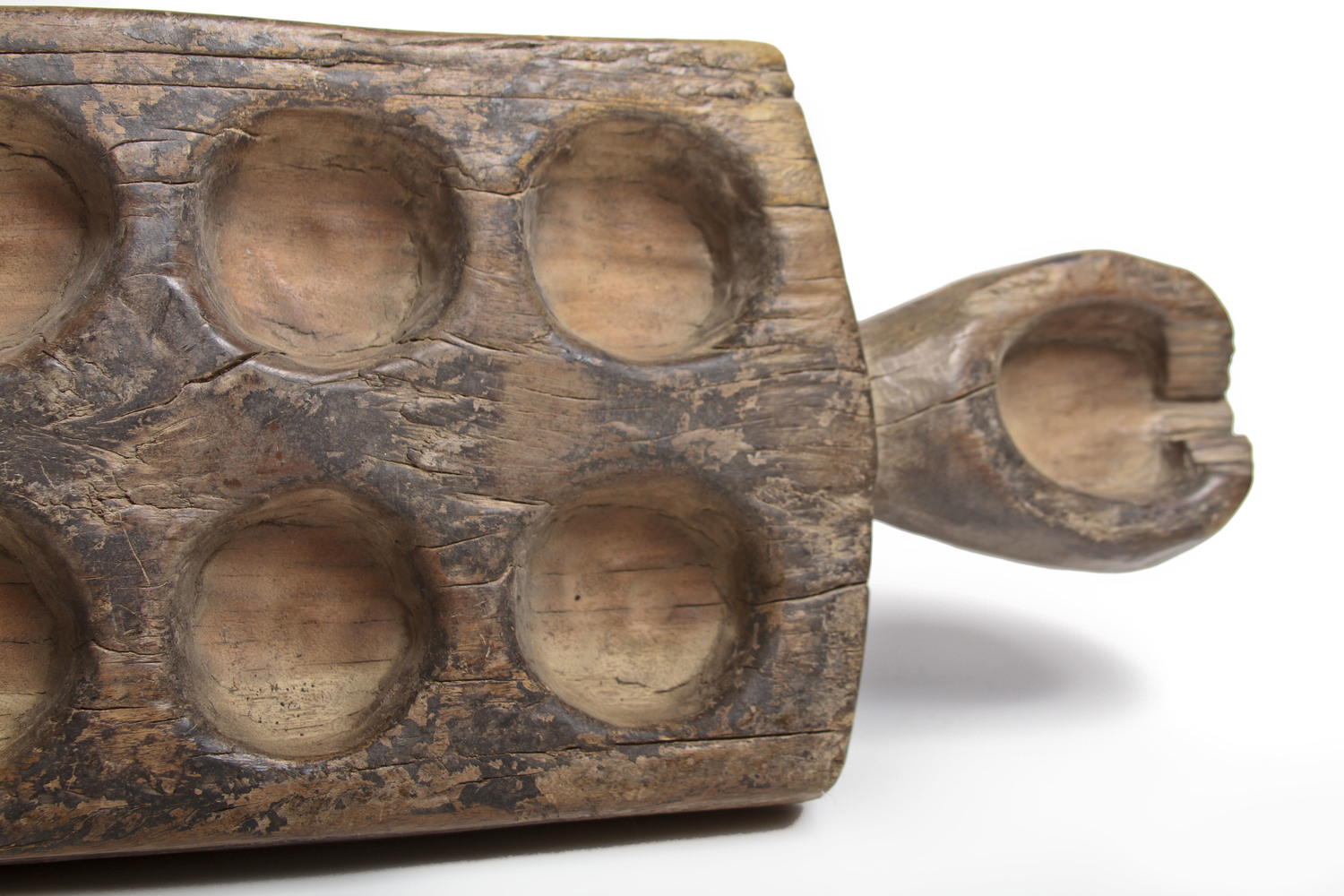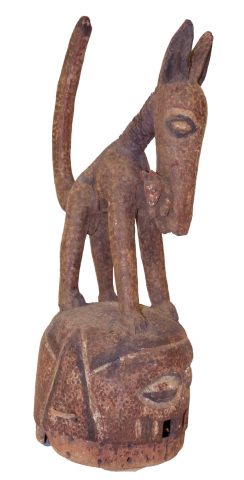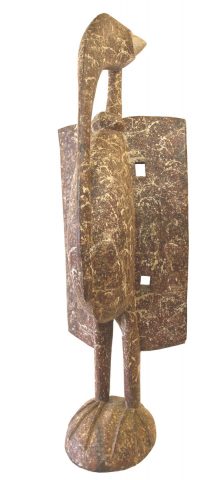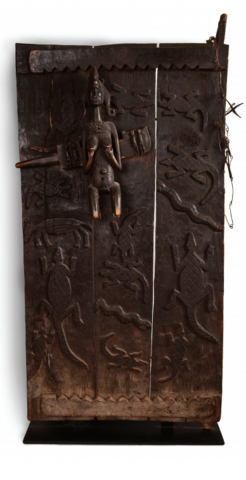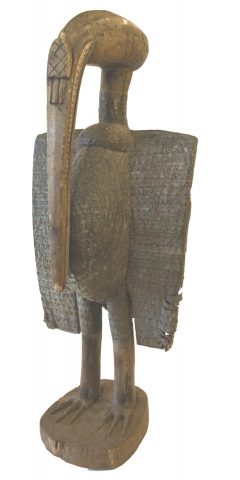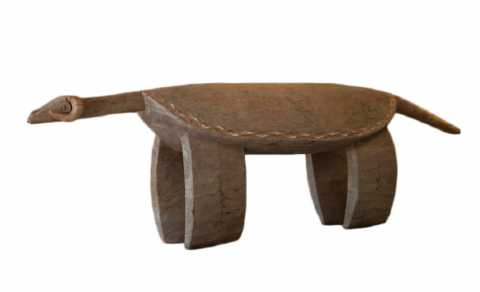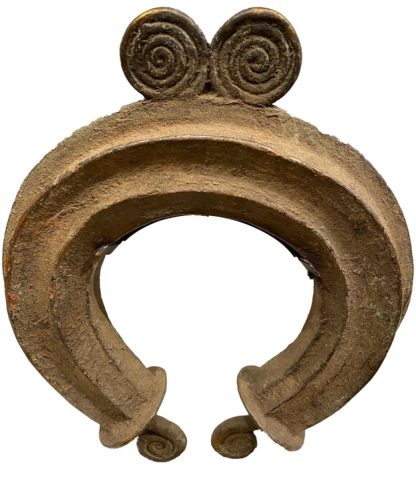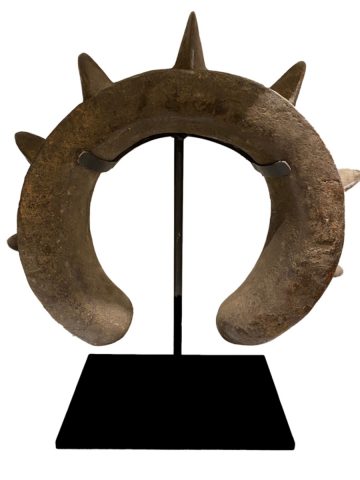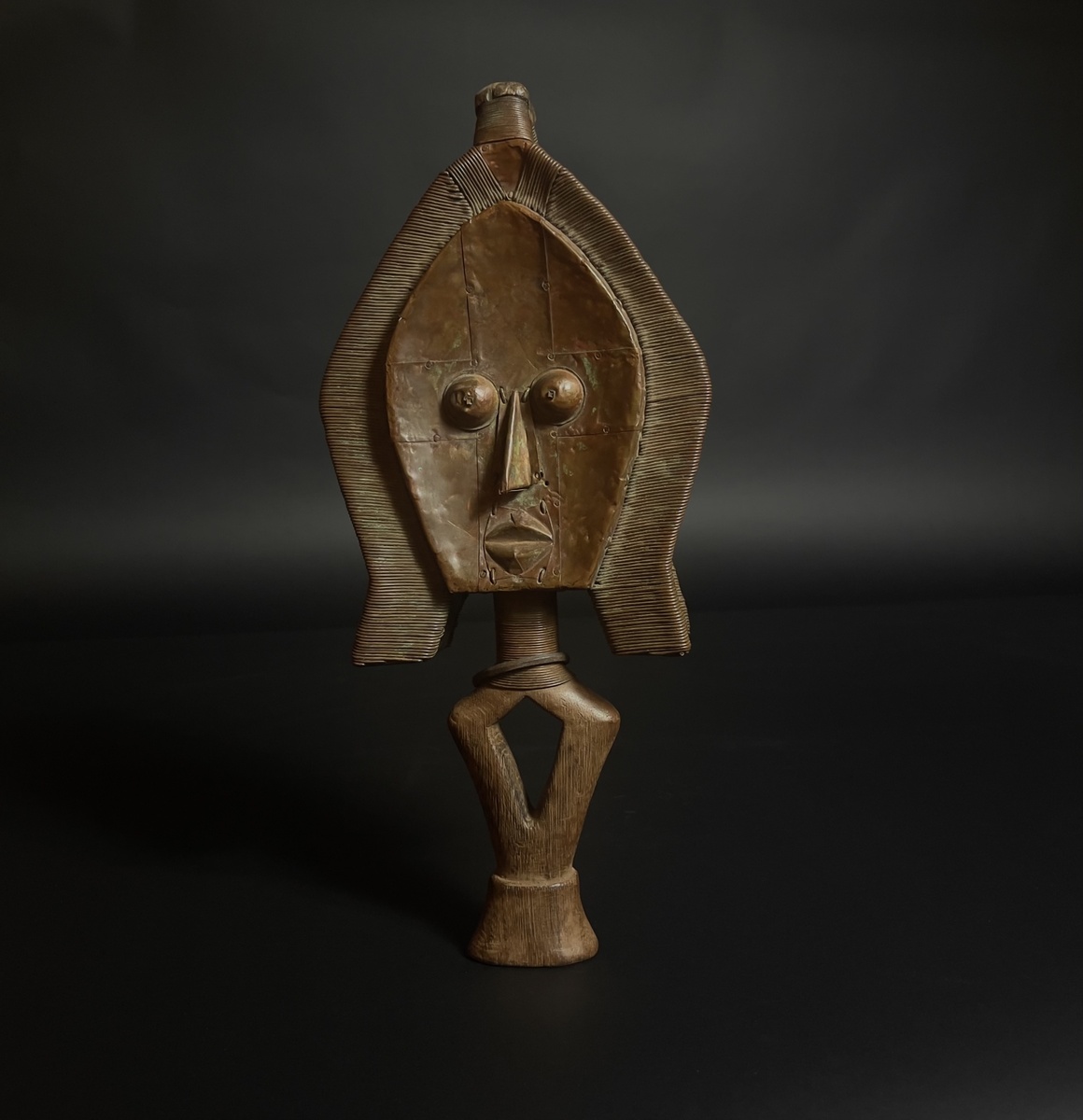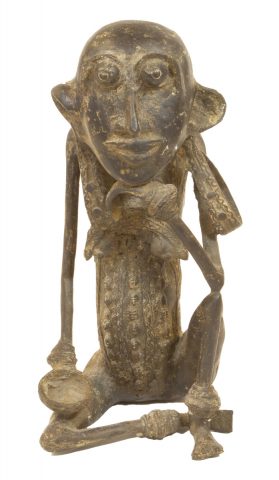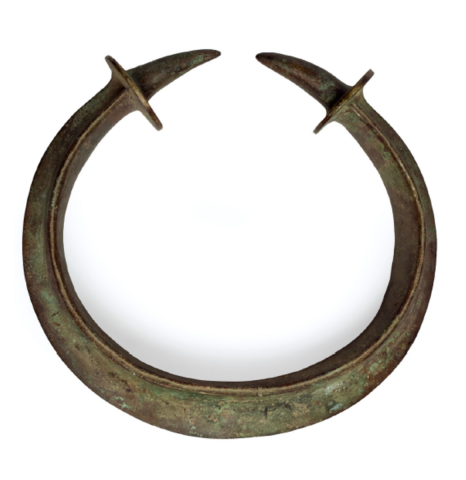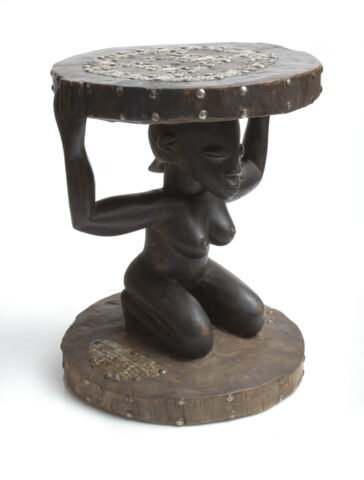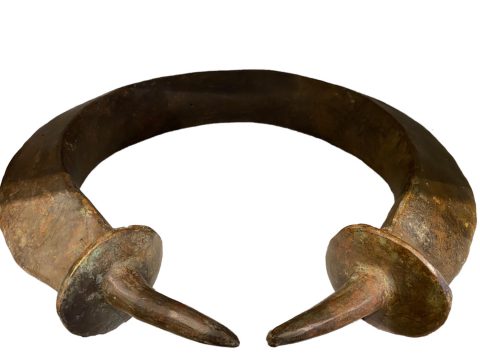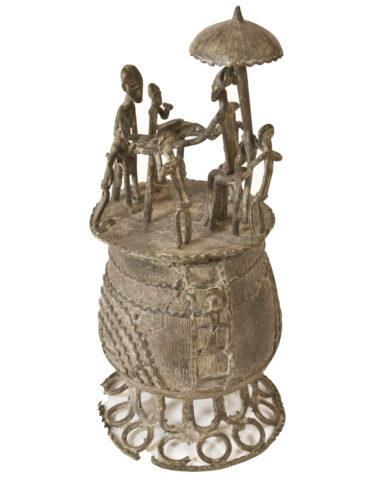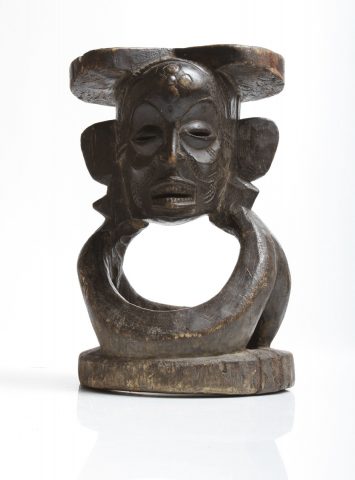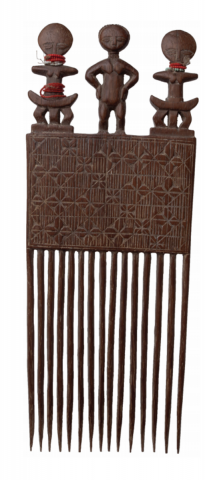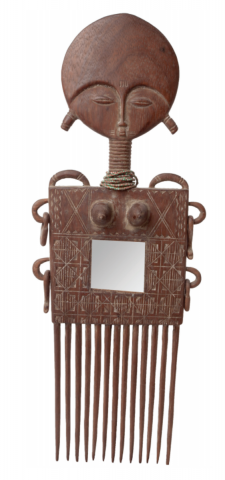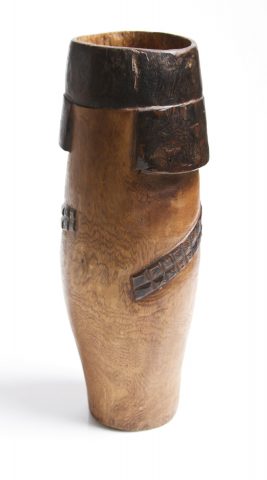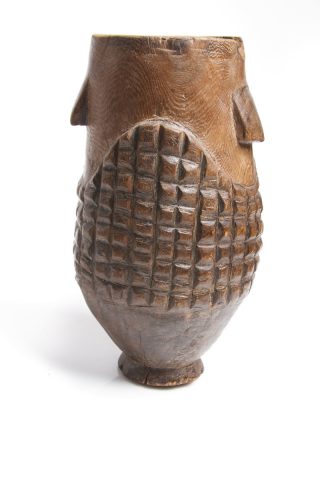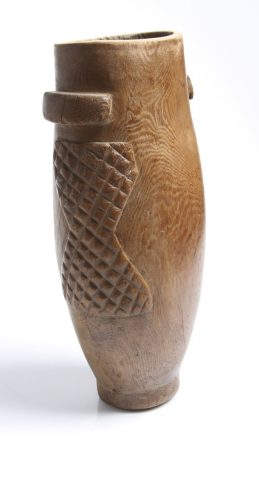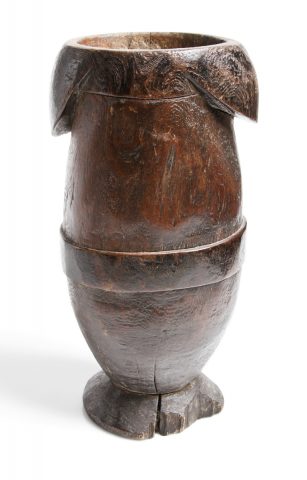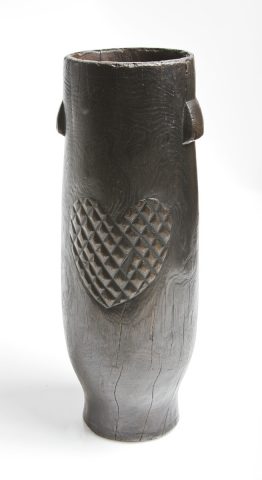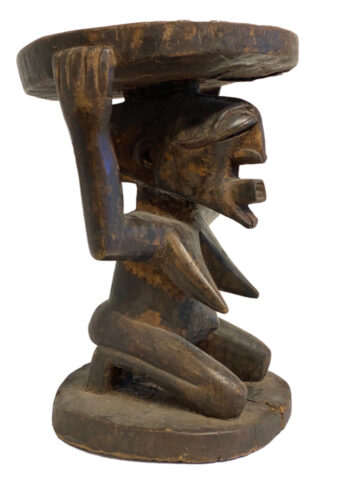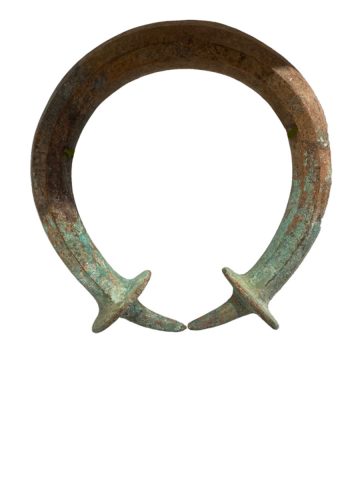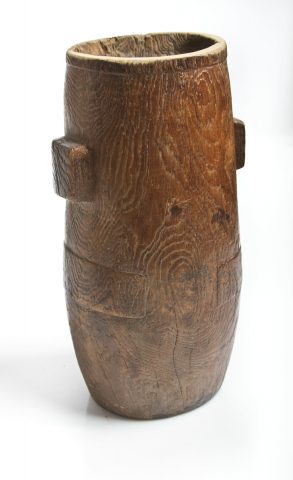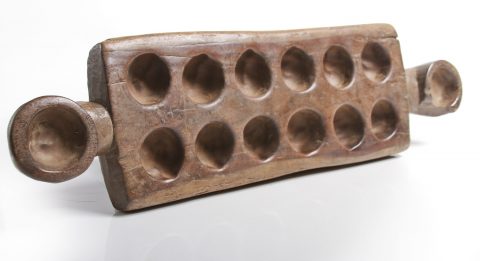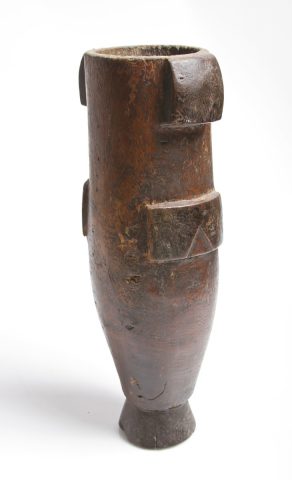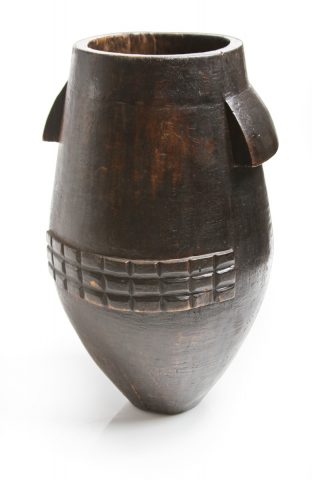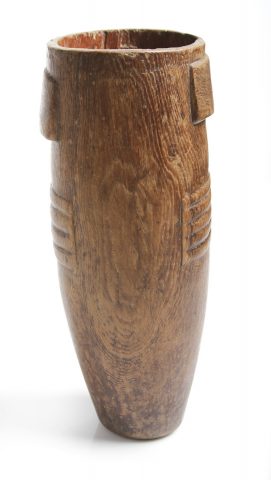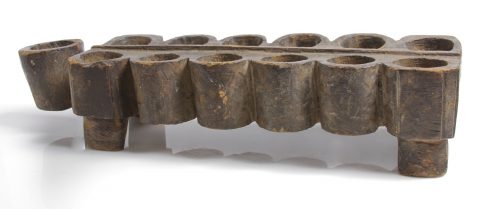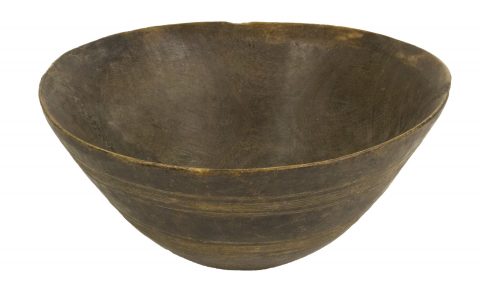Description
The Dogon Mankala Board is a rare and exquisite artifact that embodies the Dogon people’s rich history and culture. Originating in East Africa, Mancala is one of the oldest board games in the world, dating back to the 7th century A.D. The game’s name comes from the Arabic word “Naqala,” meaning “to move.” However, for the Dogon people, Mancala is more than just a game. It is an integral part of their social and spiritual gatherings, serving as a means of socializing, bonding, and reinforcing communal values.
This particular Mankala board from Mali, West Africa, is a unique representation of the cultural diversity and richness that exists within the Mancala game. With over 800 versions of Mancala played across the globe, the Dogon Mankala Board has several distinct features that set it apart from other versions. The board has only two rows of six cups each, with small, round, reddish-brown seeds called “awari” used as game pieces.
In contrast to other versions of the game, the gameplay in the Dogon version of Mancala involves capturing as many seeds as possible from the opponent’s side of the board. Players take turns moving the seeds from cup to cup, with the goal of landing their last seed in a cup that will allow them to capture their opponent’s seeds. Once a player captures all the seeds on their opponent’s side of the board, they win the game.
As you hold this remarkable piece in your hands, you are not just holding a board game, but a piece of history and culture. Don’t miss this opportunity to add this unique piece to your collection.


